Gemmotherapy - Liquid Extracts (1DH / 1X)
See Also: Herbal Tinctures / Mother Tinctures
These are herbal extractions from the Buds, Shoots, Bark, Rootlets, or Sap of young medicinal plant structures. Various preparations are available. Gemmotherapy is a therapeutic method which uses plant bud extracts and other embryonic vegetal tissues, freshly harvested from the growing plant. The raw material is prepared by maceration in a mix of water, glycerin, and alcohol. Usually, a gemmotherapy preparations are used on the recommendation of a health care practitioner.
- If symptoms persist or worsen, consult a health care practitioner.
- If you are pregnant or breastfeeding, consult a health care practitioner prior to use.
- Keep out of reach of children.
Directions: Adults (over 18 years old):
Fix the pump on the bottle. Take 50 to 220 drops (5 to 22 pumps) per day, away from meals. Dilute drops in a small quantity of water. One pump delivers 10 drops (0.2 ml).
Ingredients:
As identified on the label affixed to the packaging. Extract ratio equivalent to 0.25 mg Quantity Crude Equivalent per drop.
(* = Pre-cleared Health Canada listed indication. General Monographs available at Health Canada's website, Ingredient Search)
Non-medicinal ingredients
Glycerin, Medicinal Alcohol, Purified water
See Also: Herbal Tinctures / Homeopathic Mother Tinctures
What are the common names of these plants?
- Abies pectinata - European Fir
- Acer campestre - Field Maple
- Aesculus hippocastanum - Horse-Chestnut (* Hemorrhoids, Venous insufficiency)
- Alnus glutinosa - Alder, Black Alder
- Alnus incana - Grey Alder
- Betula pubescens - White Birch (* Diuretic)
- Betula verrucosa - European Birch
- Carpinus betulus - European Hornbeam
- Castanea vesca - Chestnut
- Cercis siliquastrum - Judastree
- Citrus limonum - Lemon, Citrus Lemon (* Antioxidant)
- Cornus sanguinea - Dogwood
- Corylus avellana - Hazelnut, Hazel, European filbert, Cobnut
- Crataegus oxyacantha - Hawthorn (* Cardiovascular support)
- Fagus sylvatica - Red Beech
- Ficus carica - Fig (* Antioxidant)
- Fraxinus excelsior - Ash, Weeping ash, European ash
- Olea europaea - Olive, Olive Tree (* Antioxidant)
- Pinus montana - Mountain Pine
- Populus nigra - Black Poplar
- Prunus amygdalus - Almond (* Antioxidant, Skincare products)
- Quercus pedunculata - Oak, English oak
- Ribes nigrum - Black currant (* Antioxidant)
- Rosa canina - Dog rose, Hip-rose, Eglantier, Dogbrier, Brier (* Antioxidant)
- Rosmarinus officinalis - Rosemary, Seadew (* Antioxidant)
- Rubus fruticosus - Blackberry (* Antioxidant)
- Rubus idaeus - Raspberry, Red Raspberry (* Antioxidant)
- Secale cereale - Rye, Cereal Rye
- Sorbus domestica - Servicetree
- Tamarix gallica - Tamarisk
- Tilia tomentosa - Hungarian silver linden
- Ulmus campestris - Elm
- Vaccinium vitis-idaea - Alpine cranberry, cowberry, foxberry, lingberry, Lingon berry, Rock cranberry (* Antioxidant)
- Viburnum lantana - Twistwood, Mealytree, Wayfaring tree
- Viscum album - Mistletoe, Gui de chêne
- Vitis vinifera - Grape vine (* Antioxidants)
- Zea mais (Zea mays) - Corn
* = Pre-cleared Health Canada indication. General Monograph available at Health Canada Ingredient Search
(source: Health Canada)
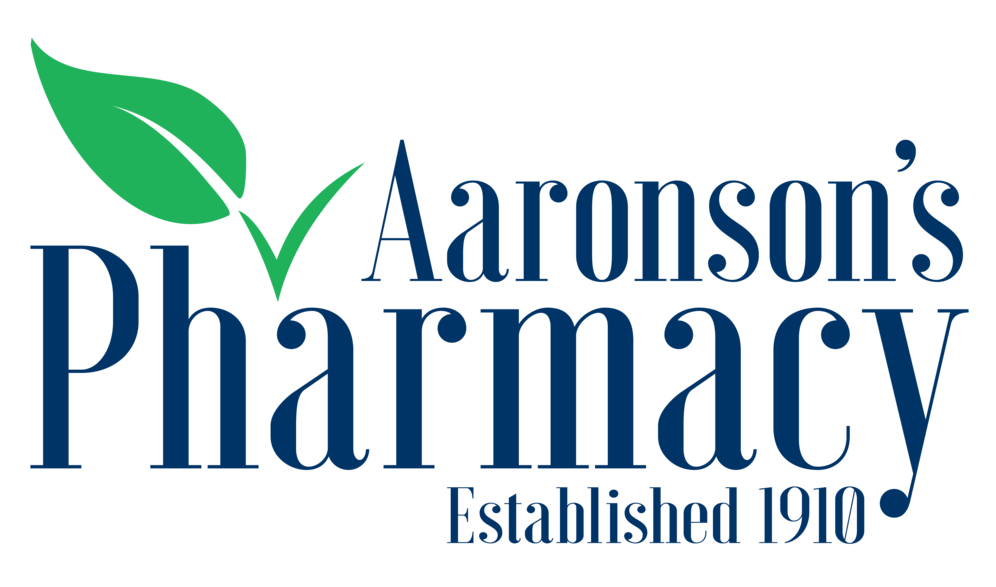
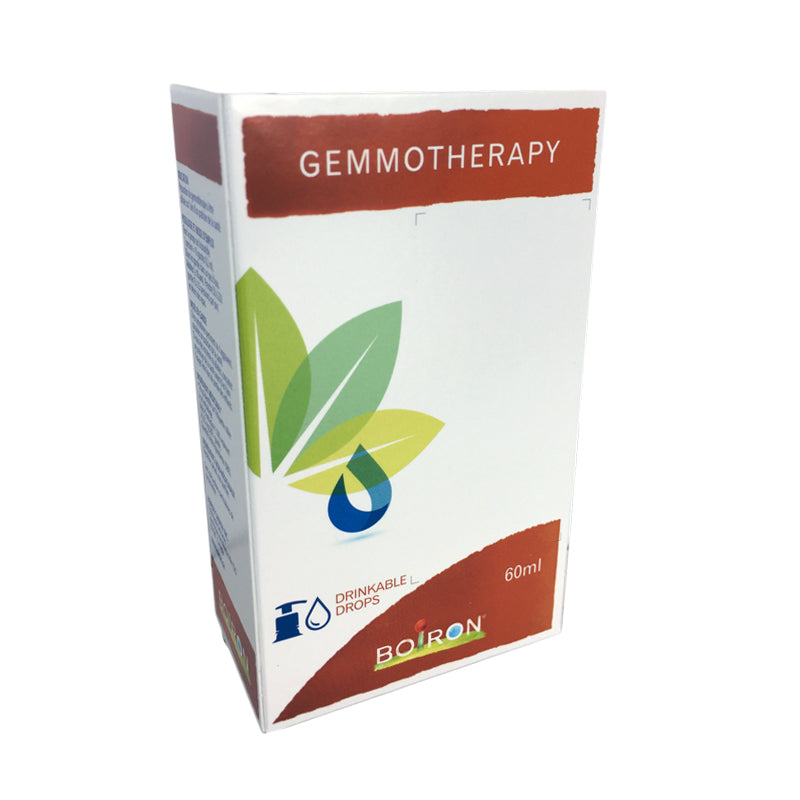
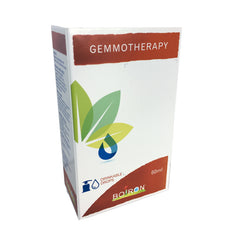
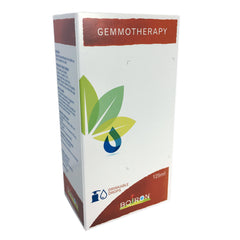
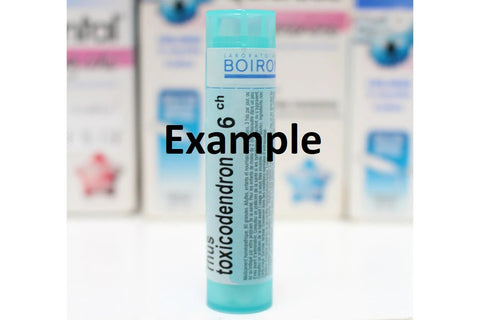
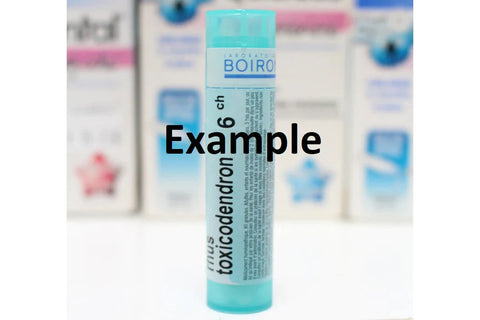
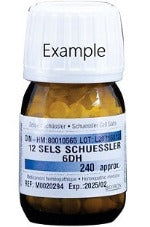
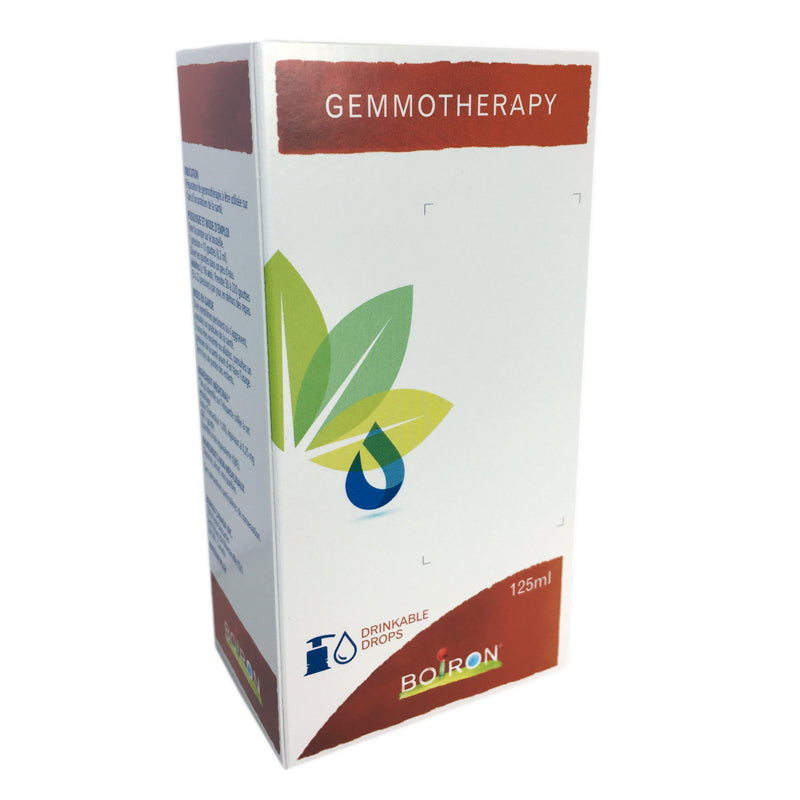
Share this item: